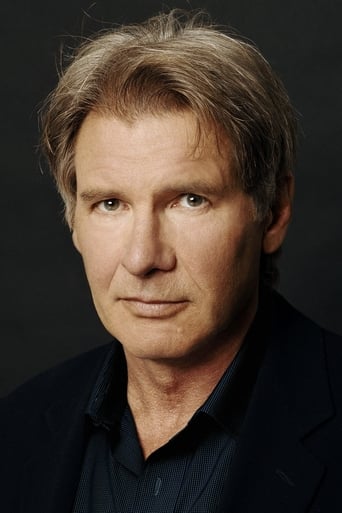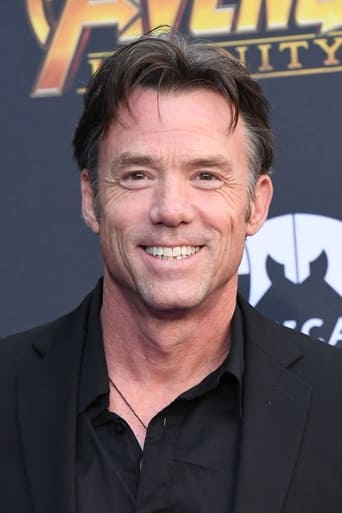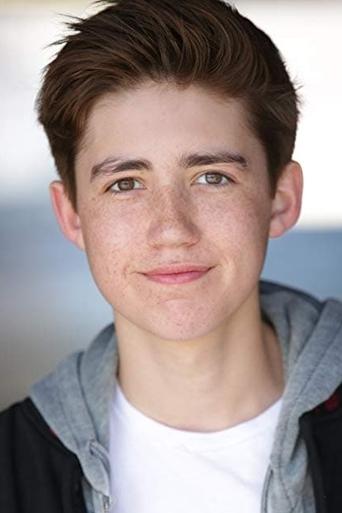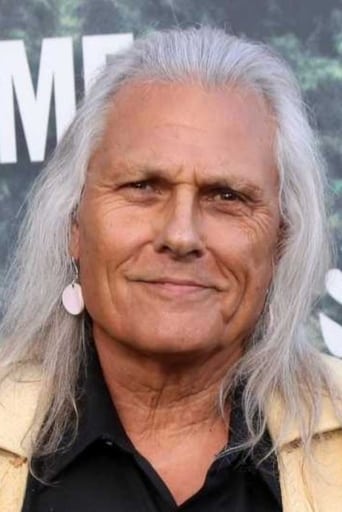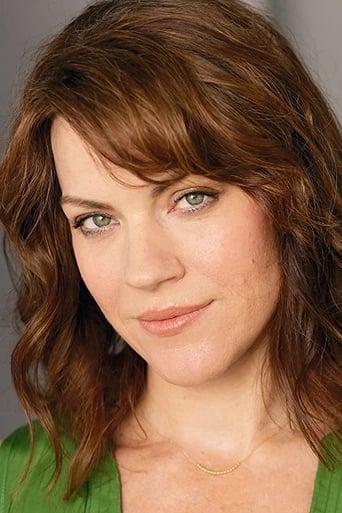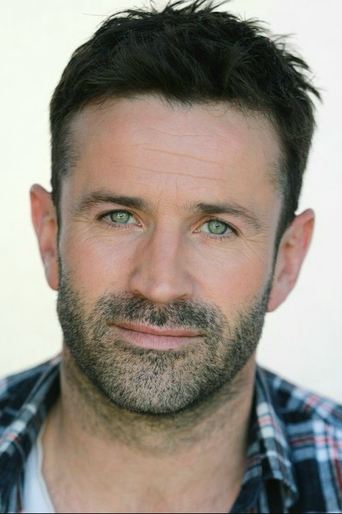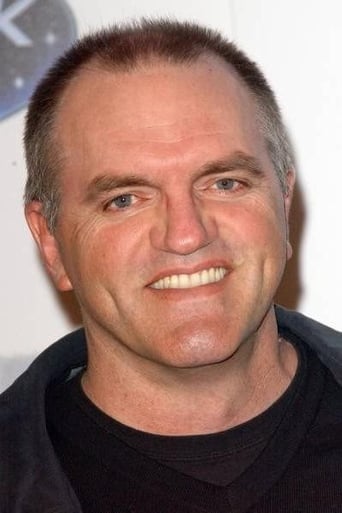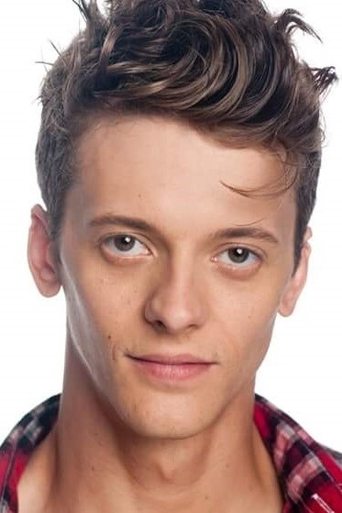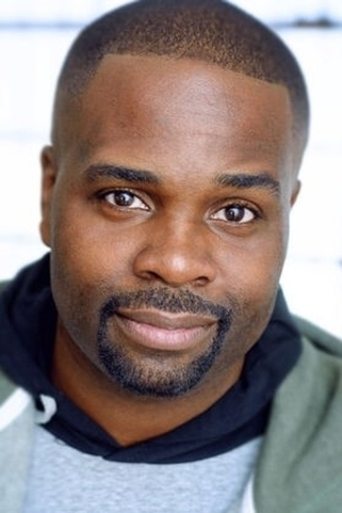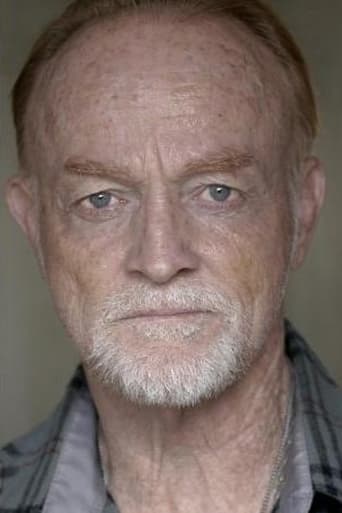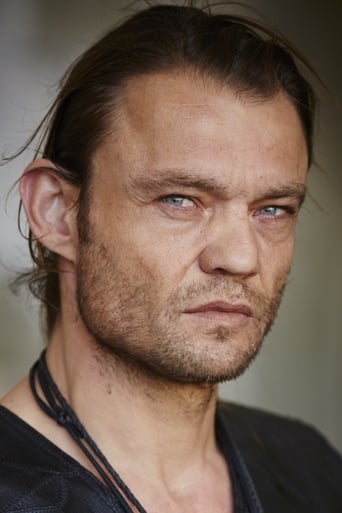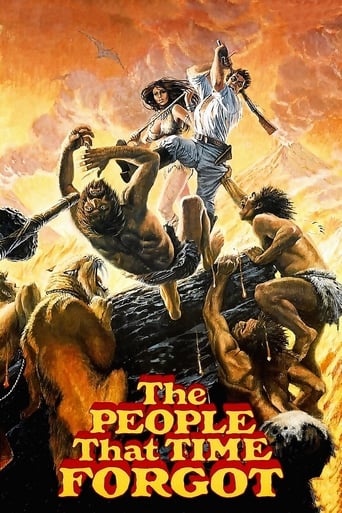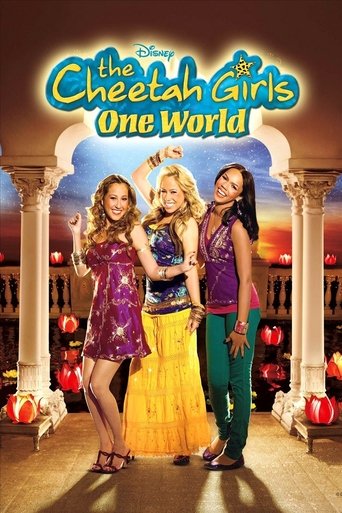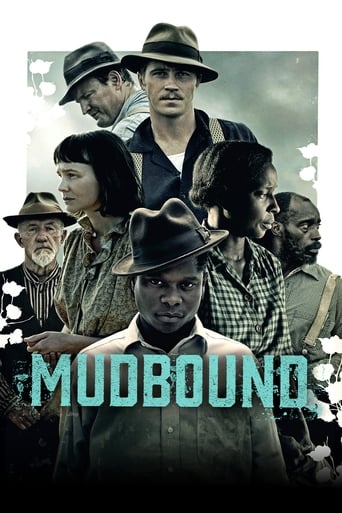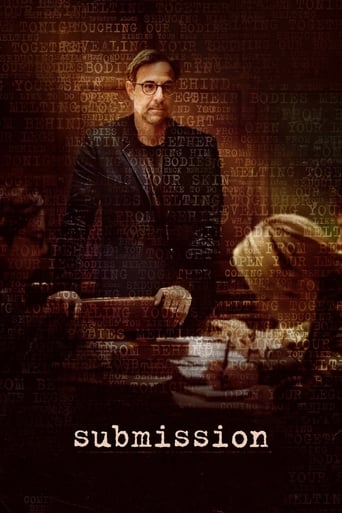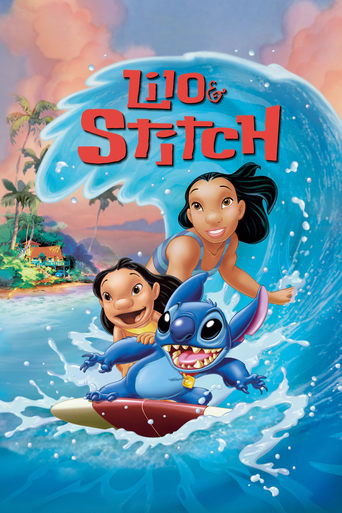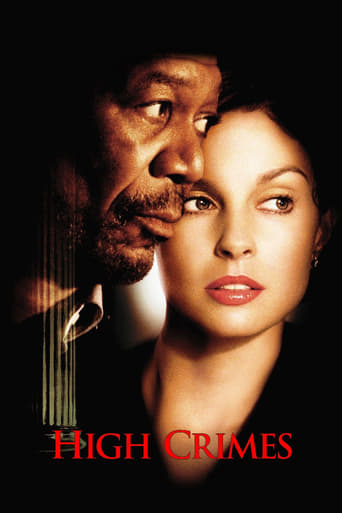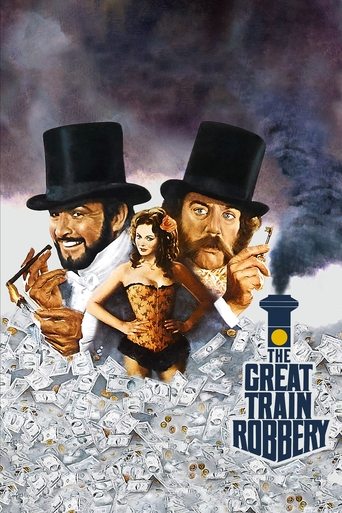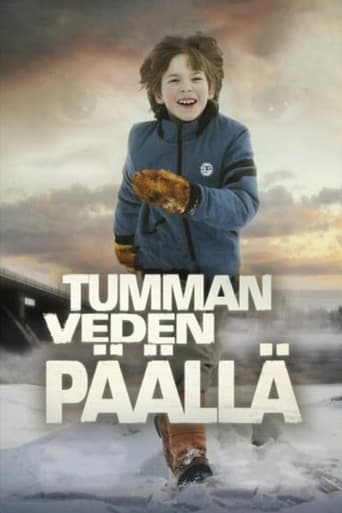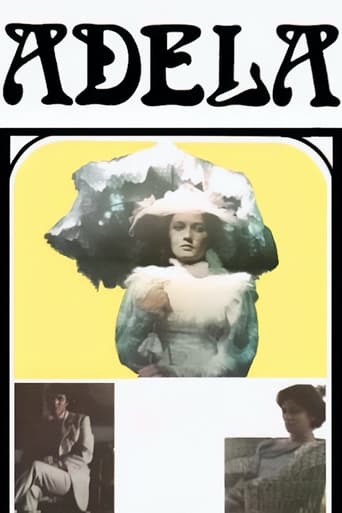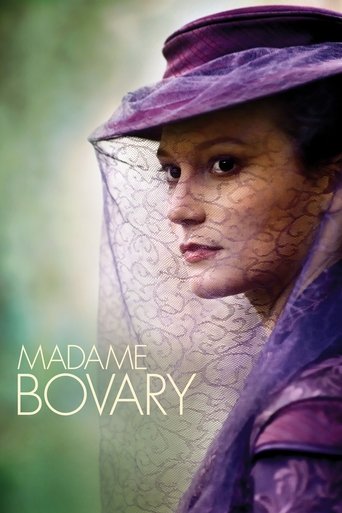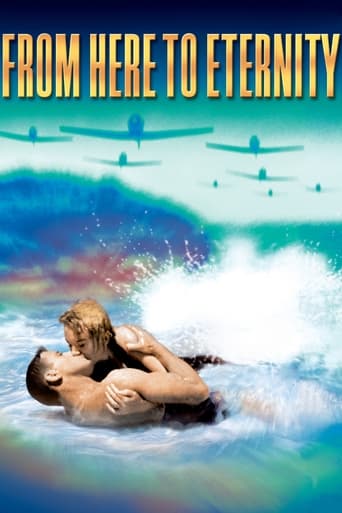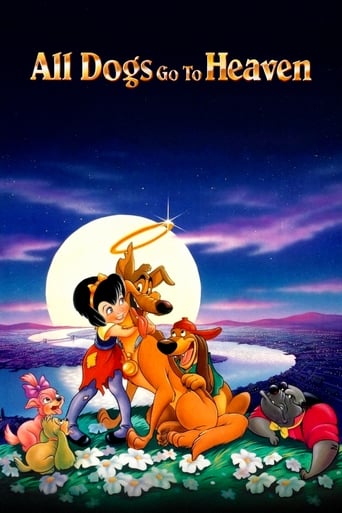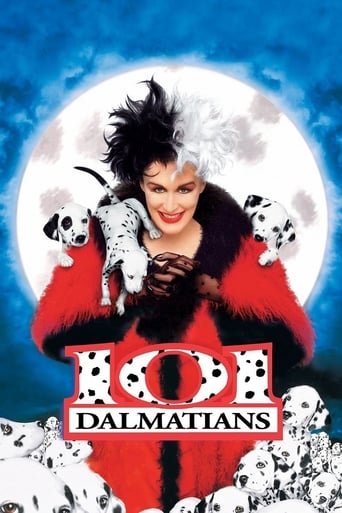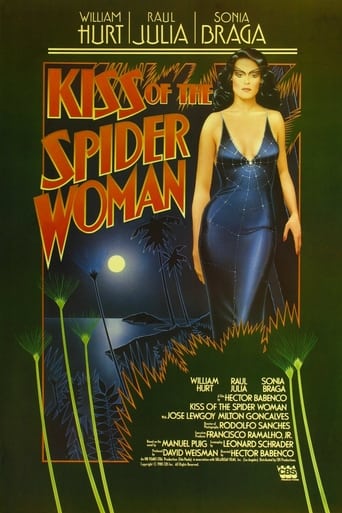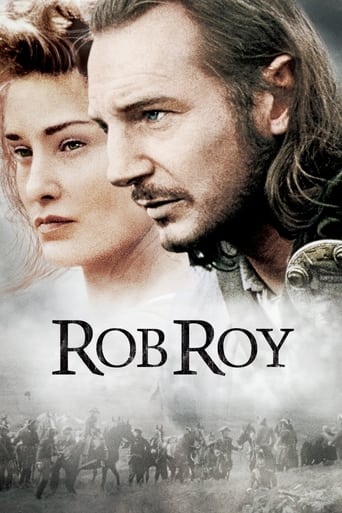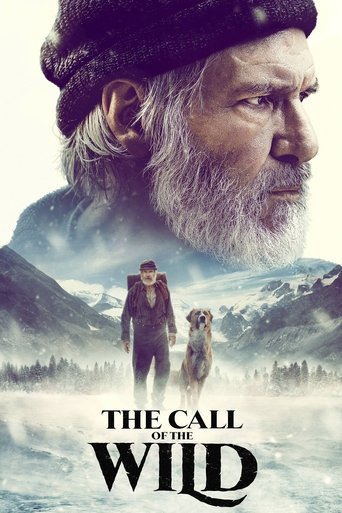
The Call of the Wild (2020)
Buck is a big-hearted dog whose blissful domestic life is turned upside down when he is suddenly uprooted from his California home and transplanted to the exotic wilds of the Yukon during the Gold Rush of the 1890s. As the newest rookie on a mail delivery dog sled team—and later its leader—Buck experiences the adventure of a lifetime, ultimately finding his true place in the world and becoming his own master.
- Chris Sanders
- Conte Mark Matal
- K.C. Colwell
- Jack London
- Michael Green
Rating: 7.556/10 by 3685 users
Alternative Title:
La llamada de lo salvaje - ES
O Chamado da Floresta - PT
O Chamado da Floresta - BR
絕境長征 - TW
野性的呼唤 - CN
Country:
Canada
United States of America
Language:
English
Runtime: 01 hour 40 minutes
Budget: $109,000,000
Revenue: $111,200,000
Plot Keyword: based on novel or book, affectation, gold rush, dog, sled dogs, yukon, canada, 19th century, pets, appreciative
If you enjoy reading my Spoiler-Free reviews, please follow my blog @ https://www.msbreviews.com I couldn't catch The Call of the Wild when it premiered. Therefore, I didn't remember a single thing about it when I went to watch it yesterday at an empty screening (yei). Once again, I stayed away from trailers, but a few images popped up at the time. The CGI dog didn't look good at all. With reviews coming out and weeks passing by, I couldn't avoid concluding that most of the negative opinions are due to the "distracting animation". Knowing that the visuals would probably be disappointing compared with the story, I still watched it with moderate expectations. I'm genuinely surprised by so much negative feedback. I really enjoyed it, and it's one of my favorite films of the year, so far. Yes, it doesn't mean much, having in mind it's only March, and it will very likely not even receive an honorable mention by the year's end. Nevertheless, the supposedly distracting CGI dog (Buck) didn't bother me in the slightest. Buck might not be a perfect animated animal, but as long as people go in with the right mindset, the chances of enjoying the story are much higher. It's an animated dog. Accept it, move on, and everything will flow a lot easier. I believe it belongs in that "uncanny valley" category. Something weird might work well for some people, and horribly for the rest. I didn't mind it at all, and I go as far as saying that a few moments are elevated exclusively due to the dog's expressions. I also defend that this movie needed the CGI dog instead of a real one. It's not an ordinary dog: Buck is stronger, bigger, taller, and he has a special wild instinct that home dogs lack. To be clear: Buck isn't visually perfect. Sure, there are a few scenes where the CGI becomes too overwhelming and awkward. However, it doesn't detract from the heartfelt narrative. Buck is undoubtedly the main character. He has emotional conflicts, personal motivations, a distinct personality that changes along with his adventures, and a part of him that he needs to explore. The first half of the film is packed with action, fun, and a clear purpose. It's extremely captivating and entertaining, even if it follows the usual, predictable storylines. Good performances from Omar Sy (Perrault) and Cara Gee (Françoise) during this portion. The second half is when Harrison Ford's character (John Thornton) finally comes in (he scarcely shows up until then). From now until the end, the movie employs a slower pace, focusing on Ford's reflection about his life, and Buck's journey to find the place where he ultimately belongs. Harrison Ford delivers such a subtle, emotional performance. I can't remember the last time I saw Ford so committed to a role. John possesses a devastating, tragic past, and Buck is able to bring some joy and fulfillment into his life. For a dog lover like myself, it's such a tear-inducing, genuine, heartwarming story. The only aspect I truly dislike is, unfortunately, Dan Stevens's character (Hal). He's just an incredibly cliche, despicable "villain", who doesn't fit with the rest of the film. I love the actor, but his over-the-top display doesn't always work, and Hal suffers a lot from his exaggerated manners and expressions. In my opinion, he could have been completely removed from the movie, and it would have been a lot better. Totally unnecessary, and lazily written subplot, to be honest. Oh, and Karen Gillan (Mercedes)? I literally just discovered she was in the film as well... The Call of the Wild is one of those movies that suffer from bad trailers. People either skip it or go in with a pre-defined negative mindset. It proves that the best (and only) way to judge a film is to simply watch it. CGI Buck isn't an animated work of art, sure, but he's far from being distracting or annoying. To be honest, I feel that he elevates a lot of emotional moments. Buck is exceptionally well-written, standing out as a complex and emotionally compelling protagonist. I laughed, I cried, and I felt entertained by all of his crazy adventures. Harrison Ford delivers his best performance of the last couple of years in a slower-paced second half of the movie, after a frenetic, action-heavy first half. Dan Stevens' character is definitely the worst aspect of the story. An unnecessary, cliche, horrible "villain" with no place in the narrative. All in all, I highly recommend giving this film a chance! Avoid its trailers, accept the fact that Buck is, indeed, an animated dog, and try to enjoy the genuinely heartfelt story at its core. Rating: B+
While 'The Call of the Wild' is ultimately a weak adaptation of the novel - it may be impossible to ever adapt it faithfully - it's still an okay family flick hampered by an over-reliance on CGI. - Jake Watt Read Jake's full article... https://www.maketheswitch.com.au/article/review-the-call-of-the-wild-a-mild-journey-into-the-uncanny-valley
Harrison Ford makes for quite a decent, hardy, pioneer in this rather engaging tale of a dog and master relationship. "Buck" is pinched from his comfortable life in warm and cosy California, taken north to Alaska (without John Wayne) and sold as a sled dog. Initially on the postal run life becomes one hell of a shock to his system; hard work, meagre meals - but he soon settles down and becomes a beast of great resilience and value. When the postal service is scaled back, his position becomes precarious, he briefly falls into the hands of the nasty, unlikely cast Dan Stevens ("Hal") before a massive feat of strength and endurance finds him his new owner, the rugged loner "Thornton" (Ford) who takes him deep into the lonely wilderness where adventures (and romance) lurk... It's a good story, this. Jack London's original imagination is well captured and the Canadian Yukon makes for a perfect substitute as the cold and harshness of their environment is brought home to us. Stevens is not particularly menacing as their gold-pursuing nemesis, however, but Ford is effective and makes for quite a convincing old curmudgeon. It's for a family audience, so much of the grittiness is left out but I still quite enjoyed it
Harrison Ford makes for quite a decent, hardy, pioneer in this rather engaging tale of a dog and master relationship. "Buck" is pinched from his comfortable life in warm and cosy California, taken north to Alaska (without John Wayne) and sold as a sled dog. Initially on the postal run life becomes one hell of a shock to his system; hard work, meagre meals - but he soon settles down and becomes a beast of great resilience and value. When the postal service is scaled back, his position becomes precarious, he briefly falls into the hands of the nasty, unlikely cast Dan Stevens ("Hal") before a massive feat of strength and endurance finds him his new owner, the rugged loner "Thornton" (Ford) who takes him deep into the lonely wilderness where adventures (and romance) lurk... It's a good story, this. Jack London's original imagination is well captured and the Canadian Yukon makes for a perfect substitute as the cold and harshness of their environment is brought home to us. Stevens is not particularly menacing as their gold-pursuing nemesis, however, but Ford is effective and makes for quite a convincing old curmudgeon. It's for a family audience, so much of the grittiness is left out but I still quite enjoyed it.
W.C. Fields said you should never work with children or animals. Thanks to CGI technology, you don’t have to anymore – at least not with animals. Buck, the main dog in The Call of the Wild, appears to be a cross between Beethoven and Roger Rabbit. Like the former, Buck destroys or eats everything in his path, and like the latter, it’s painfully clear that the human actors are interacting with an animated character – the difference being that Roger Rabbit is actually supposed to be a cartoon. Buck’s not alone, though. In the Yukon, he and a husky have a fight that plays like the doggy version of 300. The advantage of using computer generated animals – not only the dogs but also wolves, rabbits, etc. – is that you don't have to worry about ASPCA or PETA. The downside, however, is that the audience doesn't worry either about what happens to these creatures, because it’s blatantly obvious that they're not real; moreover, not only are they not there, but there isn’t even a ‘there’ for them to be, since the entire world around them – snow, trees, rivers, even the horizon – is equally fake-looking. This should have been a fully animated movie; it still would have looked awful, being computer-animated, but at least it would have been consistent. Buck’s problem, of course, goes beyond appearances; on top of not looking like an actual dog, he doesn’t act like one either. For example, he takes Harrison Ford’s whiskey bottle away from him and refuses to give it back – pray tell, how exactly does Buck know that drinking’s bad for ya? In general, Buck is as good a judge of character as dogs usually are in the movies – and only in the movies; if that were also the case in real life, Hitler and Blondi would not have been as happy together as they indeed were. If a dog looks like a dog, behaves like a dog, and is in fact a dog to whom things happen that would realistically happen to a dog, we can’t help but care about him the same way we care about Bresson’s donkey in Au Hasard Balthazar. You don’t have to actually put the animal in harm’s way – that’s why they invented animatronics, after all –; just make sure we can believe that there’s something tangible at stake, and suspension of disbelief will do the rest.

